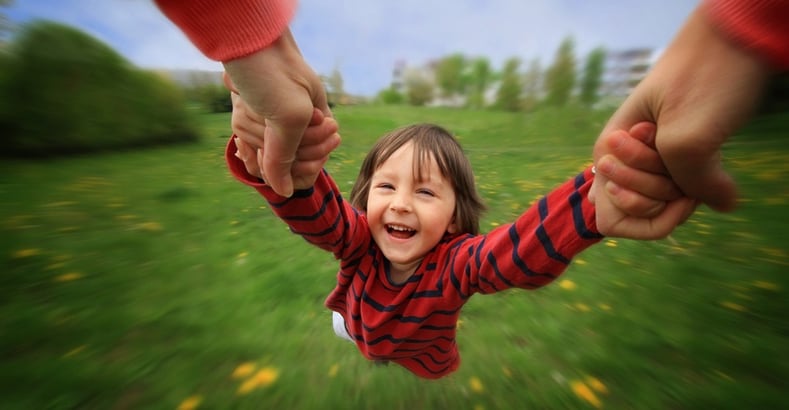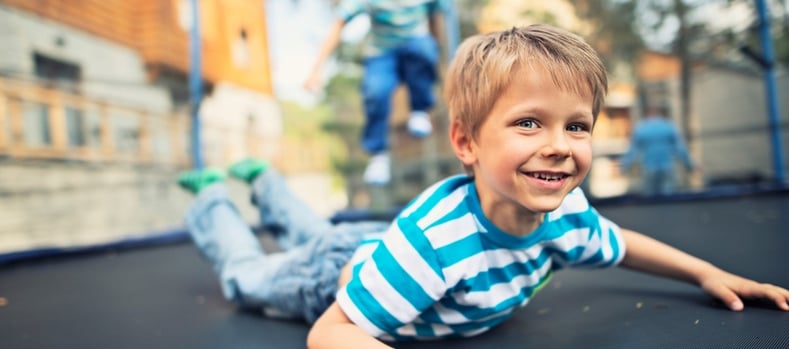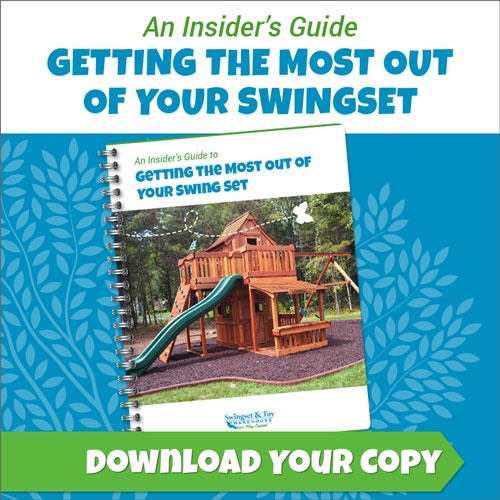It’s easy to think of stress as something that only happens to adults. But think back to your childhood: being a kid isn’t easy.
Sure, you don’t need to worry about mortgage payments or making your husband or wife happy when you’re in, say, third grade.
But being a kid isn’t all cartoons and playing in the backyard. Children have their own stresses: Grades. Hearing their parents argue about money or work. Seeing scary images on the news. The need to fit in at school.
Adopted or foster children often need to deal with these same stresses as well as the stresses that come from finding themselves in a new home.

The good news is that there are ways to help children cope with stress, whether it’s simply listening to them or finding an activity to help them relax.
In some cases, an activity that involves repetitive motion can help reduce stress, no matter what age.
Babies and Toddlers – Rocking
Researchers have known for years that rocking reduces stress in infants. Rocking makes them feel like they’re back in the comforting, familiar environment of the womb. It also helps babies develop a sense of body rhythm and balance. And, it reinforces their attachment to their parents.
The soothing feeling of being rocked isn’t something that goes away when we stop being babies. Studies have shown that rocking can even help reduce anxiety and tension in senior citizens dealing with Alzheimer’s.
“Physical healing takes place when a child is rocked,” writes Tracy Dee Whitt, on the blog Lovin’ Adoptin’.
She talks about how rocking helped her daughter deal with her behavioral issues, and tells the story of another adoptive family whose nine-year-old son was able to bond with his mother through rocking.
School-Age Children – Swing Sets
The same impulses that help babies calm down are still active when children get older. The back-and-forth motion caused by rocking stimulates the vestibular system and helps them focus. The vestibular system includes the cerebellum – the part of the brain that controls balance – as well as parts of the inner ear.
And children can often use repetitive behaviors to soothe themselves, whether that means rocking back and forth on their own, nail biting or thumb sucking.
Rather than forcing a child to stop these behaviors, try creating your own rhythmic activities, whether it’s rocking the child in a rocking chair, dancing, playing games such a patty cake or ring around the Rosie, or swinging on a swing set.
Some time on a swing set – as exciting as that might seem – can actually help kids relax and calm down. You may find that they’re tired afterward, or at least ready to focus.

School-Age Children and Young Adults – Trampolines
Once kids have outgrown swing-sets, the act of bouncing on a trampoline can offer a lot of the same relaxing benefits as swinging and rocking. It all comes back to that vestibular system. It’s a major player in brain stimulation.
Time on a trampoline has been found to have therapeutic benefits, helping develop motor skills, improve muscle tone, balance and coordination. Therapists who work with children with autism use trampolines to help their brains process and organize incoming information.
And for children and adults, time on a trampoline is just good exercise, which is itself a marvelous form of stress relief.
If you’re looking for ways to help your kids relax, visit Swingset & Toy Warehouse. We carry small swings for babies and toddlers, full swing sets for older children, and trampolines for kids who have outgrown their swing sets.
Stop in at one of our four locations or check out our website, and we’ll work with you on finding something that lessens the stress in your children’s lives.





